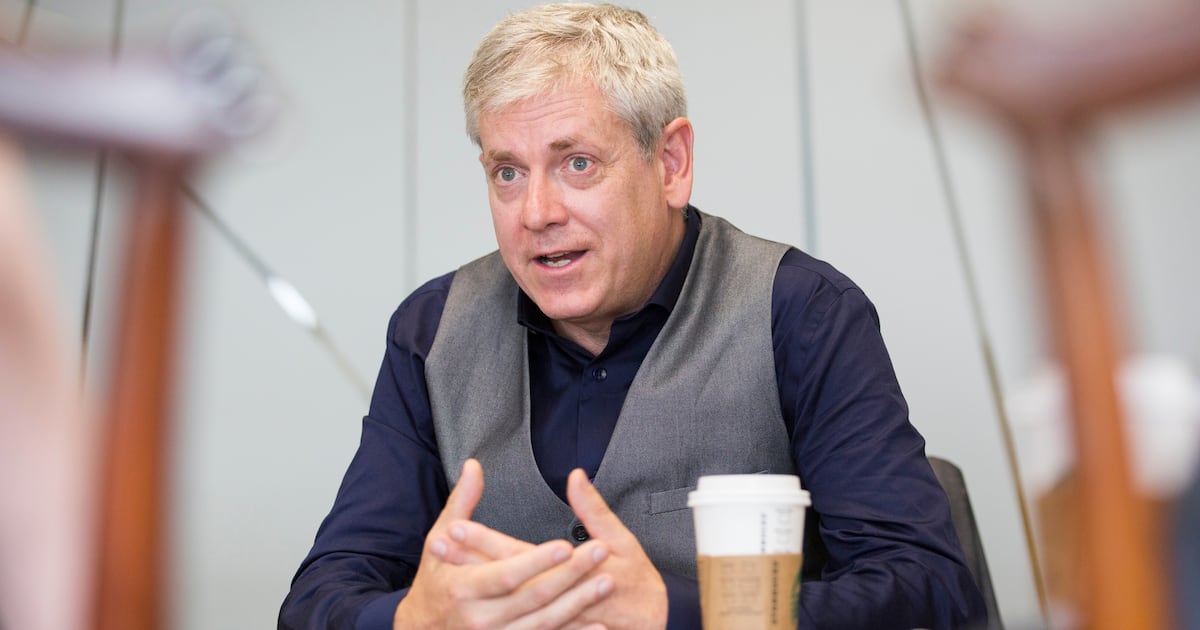
On March 29, the Moscow metro blew up for the eighth time since 1977. That averages out to a terrorist act every four years—just in Moscow, just in the metro. If one is to move the scope above ground and beyond the capital, the numbers become nightmarish. 3/19/1999, 11/6/2000, 3/24/2001, 12/1/2003, 2/3/2006—to most of us, these are mute dates; on each, a massive terrorist act was perpetrated in Russia, with casualties well into double digits, and many were simultaneous coordinated attacks on two or three targets.
There is always a cruel media math to why some tragedies get more coverage than others (any Americans harmed? Children? Celebrities?), but in the case of the Caucasus rebels’ ongoing war on Russia, this math is even crueler. To put it simply, as Russian journalist Yulia Latynina did a few days ago, “If explosions happened outside of Moscow, they went unnoticed not only by the Kremlin but by the society itself.”
The nationalist gangs are sensing a greener-than-usual green light; the blogosphere is groaning with ethnic paranoia.
This silence, however, could ironically be less ominous than what happens when a terrorist act in Russia does capture the attention of the world, as happened with the twin explosions last week. With a media spotlight on it, the Kremlin was never subtle about constructing a news narrative, and the one emerging from Russia right now is as pulpy as they come. One of the bombers turned out to have been avenging the death of the man directly responsible for the previous big bombing, of the Nevsky Express train last November. Next, the security services are talking up a Black Widow cell of up to 30 women trained in Chechnya. This bit reminds me of the first Chechen war’s wildest legend—a squad of female Lithuanian snipers, clad (for some reason) in white stockings, prowling the frontline.
Real life very rarely works like this. Perhaps it did in this case; the point is, there’s no alternative take to explore. The Western media have no choice other than to consume the official line. As has by now been widely discussed, Russia’s government-controlled TV did a scant and unenthusiastic job covering the blasts, with the nakedly propagandistic Russia Today providing the West with most of the footage; the reporting of the following days has an even more thoroughly vetted air. The Western media simply have no manpower to do any original reporting outside Moscow, let alone sources in Chechnya or other increasingly radicalized points of the Northern Caucasus. (The word “Dagestan” seems to barely exist in casual Kremlinology.) As for the vaunted Twitter effect—a multitude of citizen reporters broadcasting unfettered and unfiltered content—it may have worked in Tehran; the Moscow blasts, by contrast, produced nothing but whirlwinds of misinformation and panic.
With facts scarce, the thinking Russians are, too, reduced to pointless chatter. On Thursday, I was invited to take place in an online roundtable about the tragedy’s aftermath organized by Snob.ru. A miniature social network (I have a column on it), Snob.ru is a facscinating experiment in creating an “enlightened” liberal consensus among the world’s Russian-speaking elites. During the roundtable, the present luminaries were most interested in whether Putin could have ordered the hit. The biggest outrage was reserved for the site’s own sex columnist, who had turned in a thoroughly innocuous post on “terror sex.” In the meantime, the Black Widow stories have already had their effect—the only one they ever have. From anecdotal evidence collected by friends, the sight of a swarthy man with fresh bruises and a black eye is becoming common on the metro; the nationalist gangs are sensing a greener-than-usual green light; the blogosphere is groaning with ethnic paranoia.
Any insta-conspiracy theories that implicate the Kremlin in the bombings are, of course, as silly and destructive as any truther tract: Despite all talk of a Medvedev “thaw,” the government simply doesn’t need its support shored up that badly. What the Kremlin does own is the reporting vacuum that surrounds this and every other Russian tragedy’s aftermath. That is entirely its own doing.
Michael Idov is a contributing editor at New York magazine and has covered Russia for The New Republic. His debut novel, Ground Up, has just been released.






